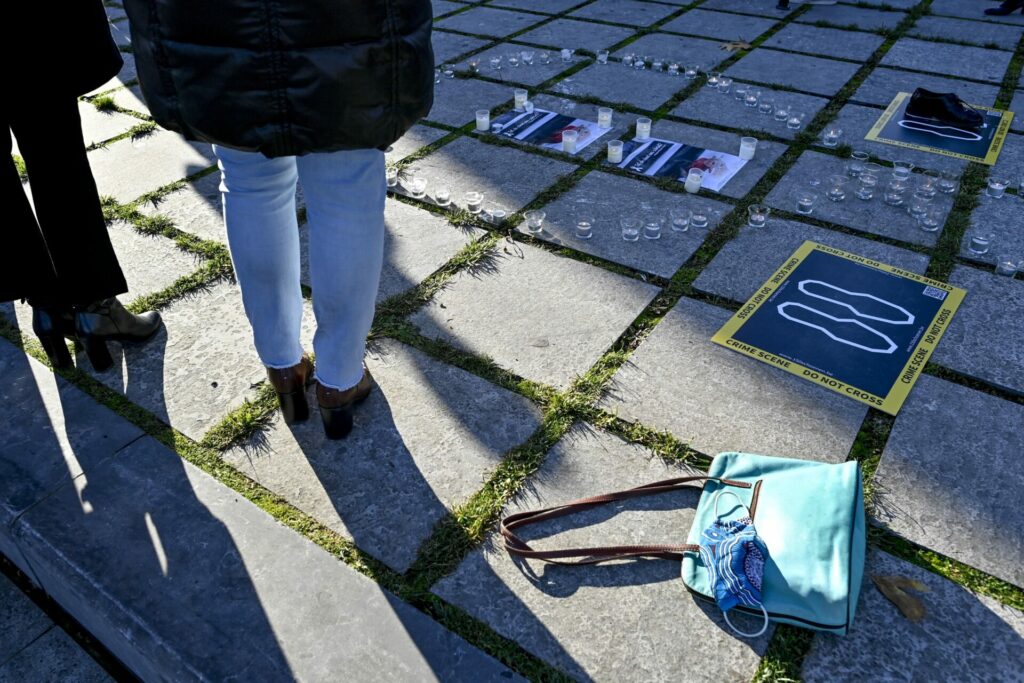Belgium is stepping up its fight against domestic and intra-familial violence by making more manpower and expertise available to tackle it better, more adequately and faster, announced Federal Justice Minister Vincent Van Quickenborne.
Every year, the police register an average of 50,000 incidents of intra-family violence (such as threats, physical and verbal aggression, psychological terror, neglect and sexual offences against both children and adult family members), a figure that Van Quickenborne called "very disturbing."
"On average, a victim only reports after 35 incidents. That means that by the time someone goes to the police, a victim has already been threatened, beaten or raped 35 times," he said. "That is why we are putting a lot of effort into a better approach to intra-family violence."
Besides the phased roll-out of mobile stalking alarms (discreet buttons that people can push to alert an emergency centre) to intervene in life-threatening situations, Van Quickenborne also reinforced the public prosecutors' offices with extra staff.
A direct link
In June 2021, Van Quickenborne recruited 15 extra criminologists (one per public prosecutor's office), who are an important link with the police, Family Justice Centres, care centres after sexual violence, social workers and social assistants.
"The deployment of these specialised criminologists must provide the public prosecutors with more expertise, so that serious situations can be traced more quickly, tailored follow-up can take place and victims can be better protected," he said.
In addition to their legal training, Van Quickenborne stressed that the hired criminologists often also have experience in other fields – giving them a different point of view on certain cases, which can support the magistrates in their decisions.
By being a direct link between the public prosecutor's offices and the relevant services, the extra criminologists can examine the home situation of minors, bring them into contact with specialised assistance, request extra information from other useful bodies during investigations, carry out risk assessments, and propose measures where no immediate prosecution is possible, among other things.
Related News
- Local initiatives against domestic violence to receive a total of €1.5 million
- Domestic violence in Belgium: 30 to 49-year-olds most affected group
- Belgium to give financial aid to victims of violence more quickly
Domestic violence occurs in all social classes and within every population group, mostly against women and minors. Worldwide, it is a greater health risk for women between 15 and 44 than traffic accidents or cancer.
Research shows that, every year, one in seven women becomes the victim of violence by partners or ex-partners in Belgium. This concerns verbal aggression, threats, intimidation, battery and assault, but also sexual violence and imprisonment. During the Covid-19 crisis, the number of cases of partner violence rose sharply, and the helpline received 1712 double the number of calls.
Children are also frequently exposed to domestic violence, both as direct victims and as witnesses, in which case they are affected psychologically and emotionally because their parents are involved, with the risk of serious trauma.
In 2020, 9,311 different minors were reported to a Confidential Centre for Child Abuse in our country, an increase of 4.4% compared to a year earlier. This concerns abuse and sexual violence, but also disturbing home situations due to physical or emotional neglect.

